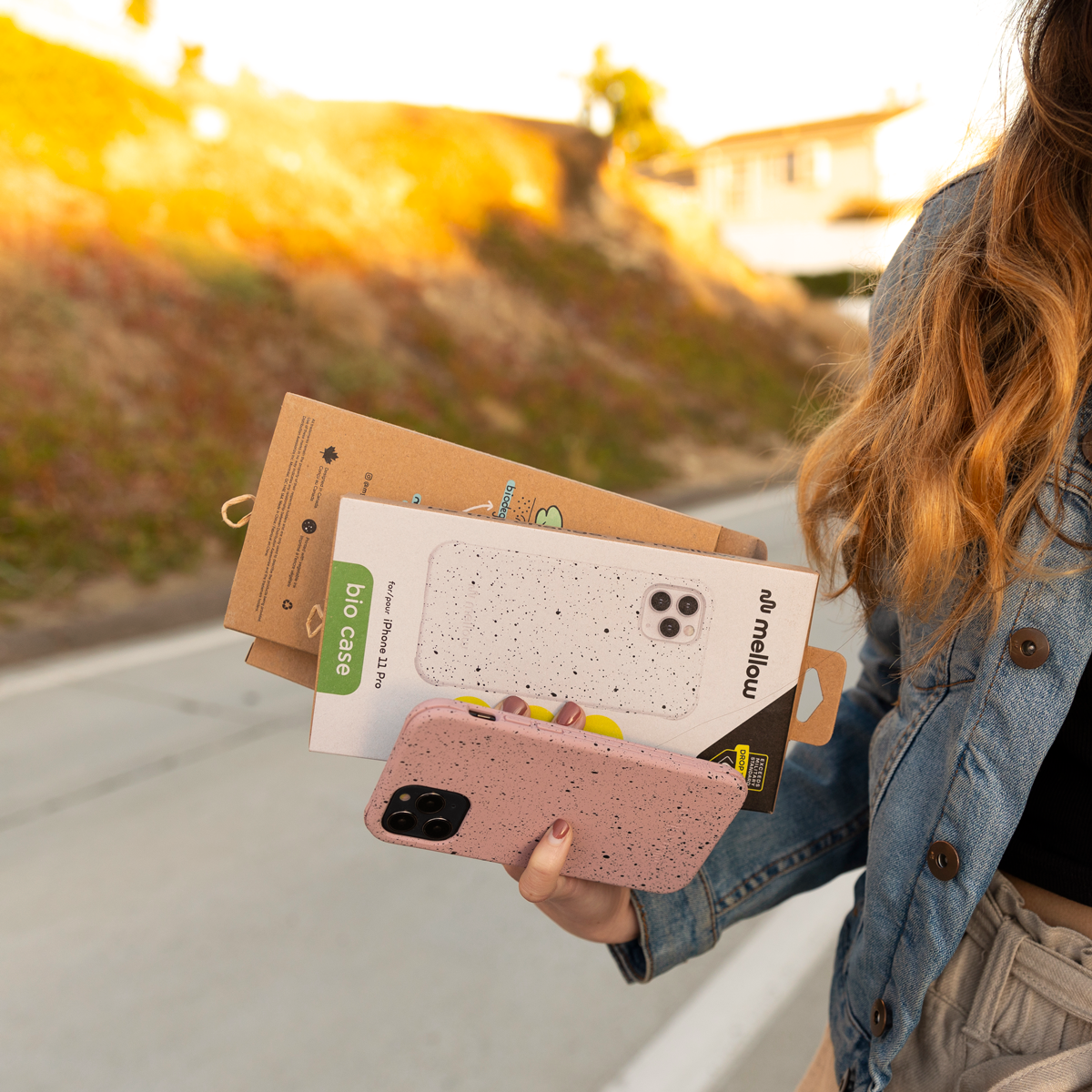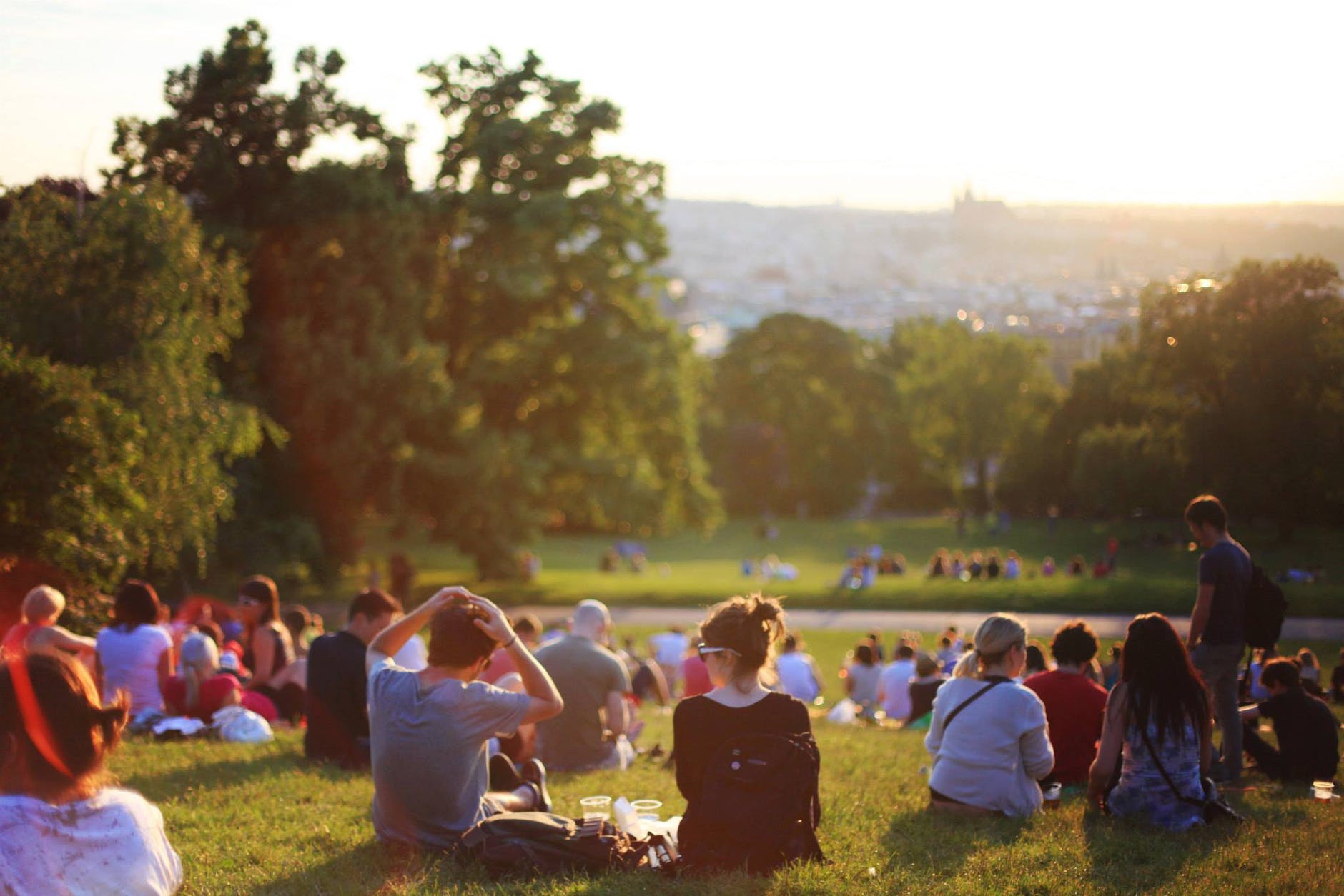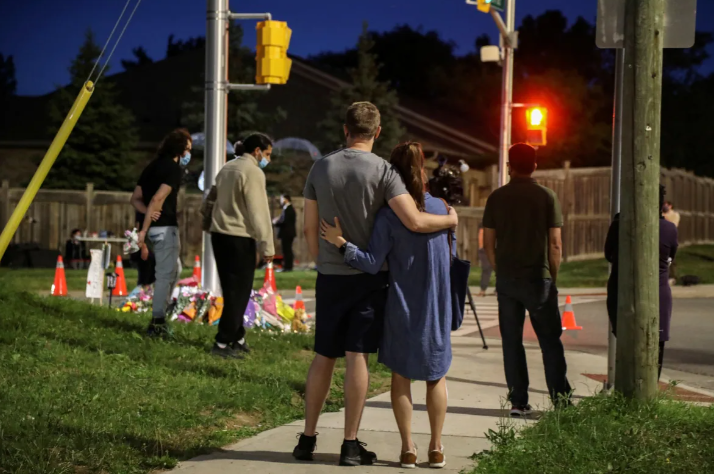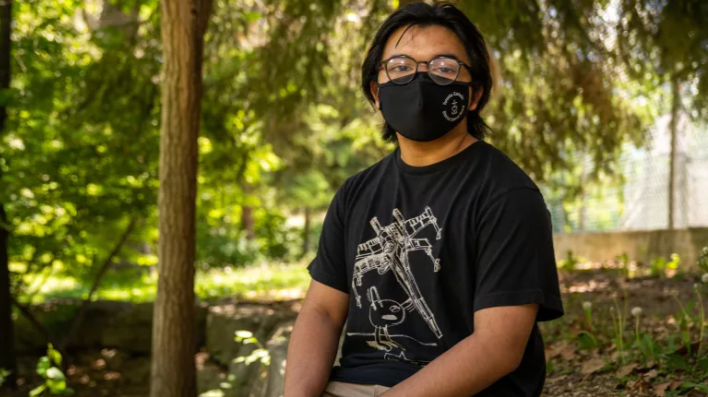
For the next while, we will be focusing on sustainable holidays. There are a lot of decisions/plans etc to make around the holidays, and not all decisions are easy, clear or straightforward. For today, we’re looking at holiday and year-end donations, although these guidelines apply to all year-round giving, as well.
If you are anything like me, your email inbox is getting overloaded with asks from various NGOs, political parties, faith groups etc, asking for a year-end donation (in addition to phone call asks for money etc.) Sometimes, it’s easy to sort out how to manage all of the requests, and sometimes it can get a bit muddy. So, today, we’re going to talk about some of the red flags and how to make sure that the projects you are donating to are deserving of your donation. In general, these will show up more often in really small organizations, but big organizations can have challenges, as well.
So, here’s a quick (but not exhaustive) list of things to check for before sending off a donation, using an email request (one of many) that I received recently as a case study (in this case asking for funds for an extremely large capital campaign, from a very small organization):
- Email received – Check how often the org emails me, and how often they are asking for $.
- Answer: Only a handful of short emails per year, and all are asking for $.
- Result: Fail
- What to Look For: Regular communication and updates on programming etc, going well beyond asks for $.
- Website Check – After reading the email, I checked the website.
- Answer: The website has not been maintained in any way. Basic pages are up, but most/all pages are basically empty, because the website has not been maintained. Given that the org is asking for donations for a very large capital campaign, this is very problematic. If the org can’t even maintain a basic website, how can they handle large sums of money? What does this gap say about their ability to run effective programming?
- Result: Fail
- What to Look For: Well designed website, appropriate for the size of the org and the projects being funded. Clear, concise info, easy to navigate.
- Overall Transparency and Financial Accountability: With the website and other checks, I’m also checking for accountability and transparency
- Answer: There are no budgets, annual reports or any other transparency/accountability measures shown anywhere. It appears that funds received are not accounted for, to the public in any way.
- Result: Fail
- What to Look For: This piece is really important, and often undervalued in poorly run orgs. (Note: For orgs that are not registered to give tax receipts or acting as a charitable org etc, naturally, some of these rules are a bit different). This, in my opinion, is a significant red flag that funds should not be given.
- Contact info and Org Structure: In addition to the basic website info, I’m looking for easy ways to get in touch with senior leadership, board etc. to help ensure that the org is accountable to the public.
- Answer: Nobody other than the Exec Director is listed on the website. Given that the website is poorly maintained, the board and others are not named, and the other issues, it does not give confidence that contacting the ED through the website would result in a meaningful and timely reply.
- Result: Fail
- What to Look For: Senior Leadership, staff, board etc named and with contact info (eg an email address associated with the org). Reasonable term limits etc are also important. Watch out to see if the same person(s) is in a senior position for 15-20+ years at a time, especially in a small org (instead of transitioning by 10-15 max) – as that’s a red flag for other challenges. The org is at high risk of not successfully managing the transition to the next director, and may end up closing down in the relatively near future, which has implications for your donor dollars.
- Others – This is not an exhaustive list, but is a good start for evaluating end or year (or anytime of the year) support for orgs (particularly small orgs) that might be asking for help, whether financial, volunteer time or other.
Summary: Naturally, in this case, I will not be sending a donation to this organization. I would advise them, if I were their consultant, to drop the large capital campaign and spend their time building up a well-designed website, developing a clear and consistent communications plan with a strong senior leadership team, ensuring that the basic work of transparency and accountability happens every year (eg annual reports, budgets etc), creating a meaningful fundraising plan with an appropriately sized donor base and so on. It’s much better to have a well-designed program in a smaller building than a huge building with poorly designed organizational structures. Ultimately, donors give to support impact first, not for a shiny new building.
………………………
Online Store: There are new, sustainable items being added to the online store every day! Check out the website for more details!
…………………….
How to Support Menno Adventures: All of the resources that we share here are free, and we do not charge for access to anything (except for consulting services, naturally.). If you find that these tools and resources are valuable, and would like to support this work, any donation, large or small, is greatly appreciated. Details on the website. Thank you!


































